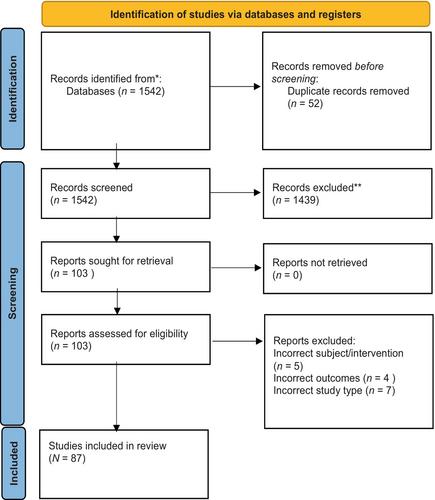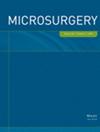Clinical, Preclinical, and Educational Applications of Robotic-Assisted Flap Reconstruction and Microsurgery: A Systematic Review
Abstract
Introduction
Microsurgery and super-microsurgery allow for highly technical reconstructive surgeries to be performed, with repairs of anatomical areas of less than 1 mm. Robotic-assisted surgery might allow for further advances within microsurgery, providing higher precision, accuracy, and scope to operate in previously inaccessible anatomical areas. However, robotics is not well-established within this field.
We provide a summary of the clinical and preclinical uses of robotics within flap reconstruction and microsurgery, educational models, and the barriers to widespread implementation.
Methods
A systematic review in accordance with the Preferred Reporting Items for Systematic Reviews and Meta-Analyses was conducted of PubMed, Medline, and Embase. Preclinical, educational, and clinical articles were included.
Results
One thousand five hundred and forty-two articles were screened; 87 articles met the inclusion criteria across flap harvest, flap/vessel pedicle dissection, vascular anastomosis, and nerve repair. The literature presents several potential benefits to the surgeon and patient such as high cosmetic satisfaction, minimally invasive access with reduced scarring (flap harvest), and low complication rates. Lack of haptic feedback was reported by authors to not impede the ability to perform vessel anastomosis; however, this required further investigation. A steep learning curve was identified, particularly for microsurgeons embarking upon robotic-assisted surgery.
Conclusion
Robotic-assisted surgery can potentially enhance microsurgery and flap reconstruction, with feasibility demonstrated within this review, up to anastomosis of 0.4 mm in diameter. However, there is a lack of sufficiently powered comparative studies, required to strengthen this statement. To increase accessibility to robotic surgery for plastic and reconstructive surgeons, educational opportunities must be developed with standardized assessment of skill acquisition.


 求助内容:
求助内容: 应助结果提醒方式:
应助结果提醒方式:


